Exploring the Culture and History of London: A Journey Through Time
Explore the rich culture and even richer history of London. From historic landmarks to cultural experiences, discover what truly sets London apart.
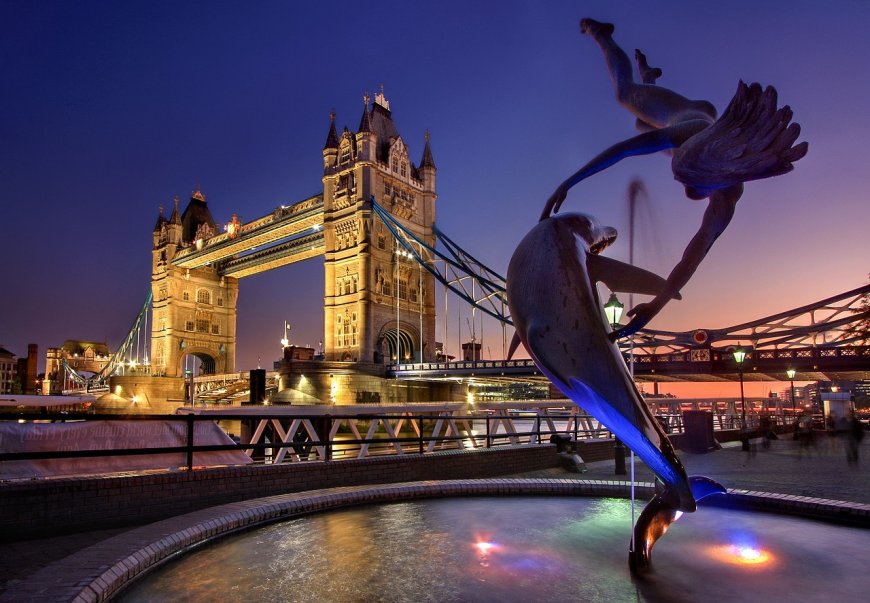
London is a city that boasts of immense historical significance and vibrant culture. It acts like a living, breathing museum where the past and present blend well. This heritage-rich, dynamically modern metropolis opens its doors to show a wide array of historical sites, institutions depicting culture, and diversified vicinities. From the grand architecture of the Tower of London to the modern art world of East London, every search for culture and history in London is an enriching adventure peeling the layers of this iconic city.
Appreciating London's culture and history means experiencing a city shaped by and shaping world events over millennia. The capital of England and the United Kingdom, London truly reflects a mix of historic landmarks and modern innovations. London is historical and modern, with people of diverse nationalities residing in the city.
London is a city whose history began in Roman times when it was known as Londinium. It has grown progressively through medieval, Tudor, Georgian, and Victorian times to become what it is today. Each of these eras has contributed to detail to the historic tapestry of modern-day London, from the medieval fortifications of the Tower of London to the stately Georgian architecture of its squares.
Today, London is a vibrant city where history meets the present. The recent redevelopments of South Bank and Shoreditch have come with new cultural hotspots and artist spaces, giving a whole new face to this historic city. These activities range from the London Eye and Tate Modern to balanced typical historic attractions, making London a city for all tastes.
Historic Landmarks and Monuments
London is riddled with historical monuments and places that testify to London's greatness as a city in olden times. It is not only their architectural grandeur that these places portray, but they tell tales from history.
-
The Tower of London
Constructed under the orders of William the Conqueror, this imposing fortress has been an active participant throughout history in many roles: a royal palace, a prison, and even a treasury. Today, the home of the Crown Jewels gives an idea of medieval England.
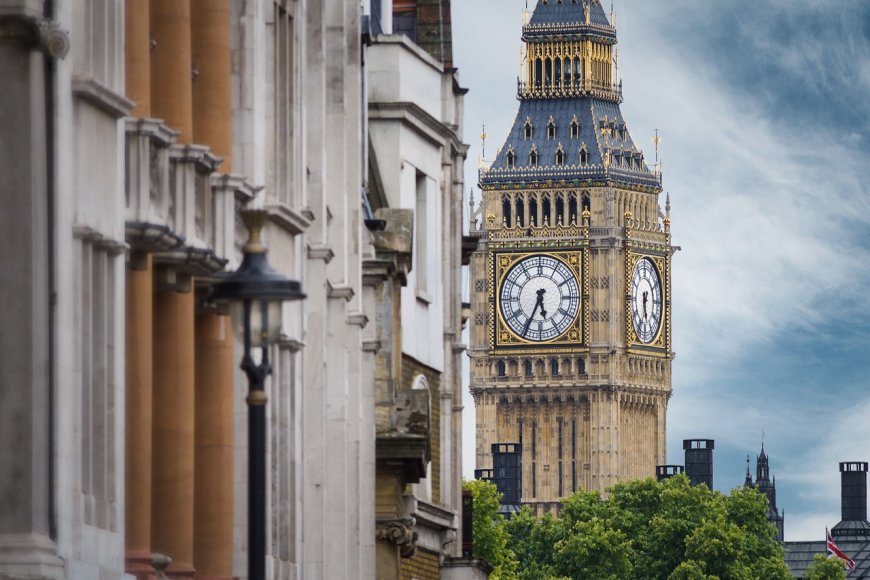
-
Buckingham Palace
It was the official residence of the British monarch. Buckingham Palace hosted the ceremony of Changing of the Guard. The British monarchy symbolizes the continuity of the reign and its existence in modern society.
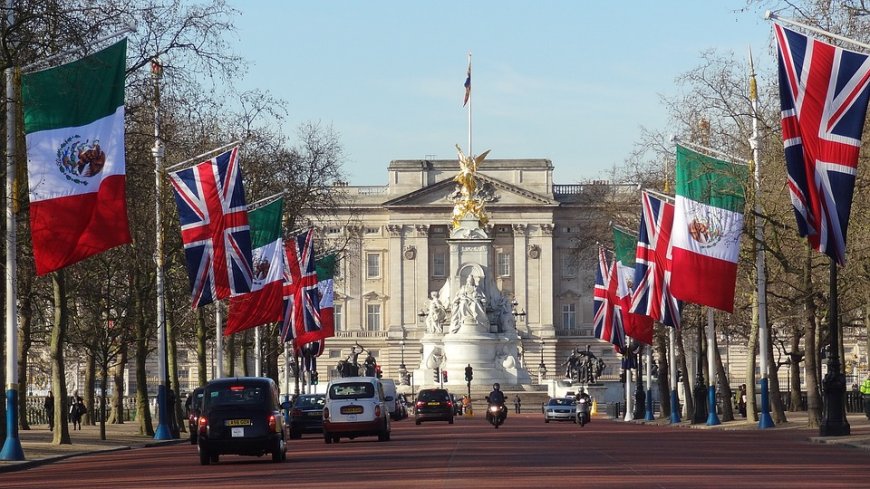
Source
-
Westminster Abbey
The Gothic Church has delivered and is still delivering so many royal ceremonies, like coronations and weddings. Being the house for so many graves of respected figures, it symbolized British history.
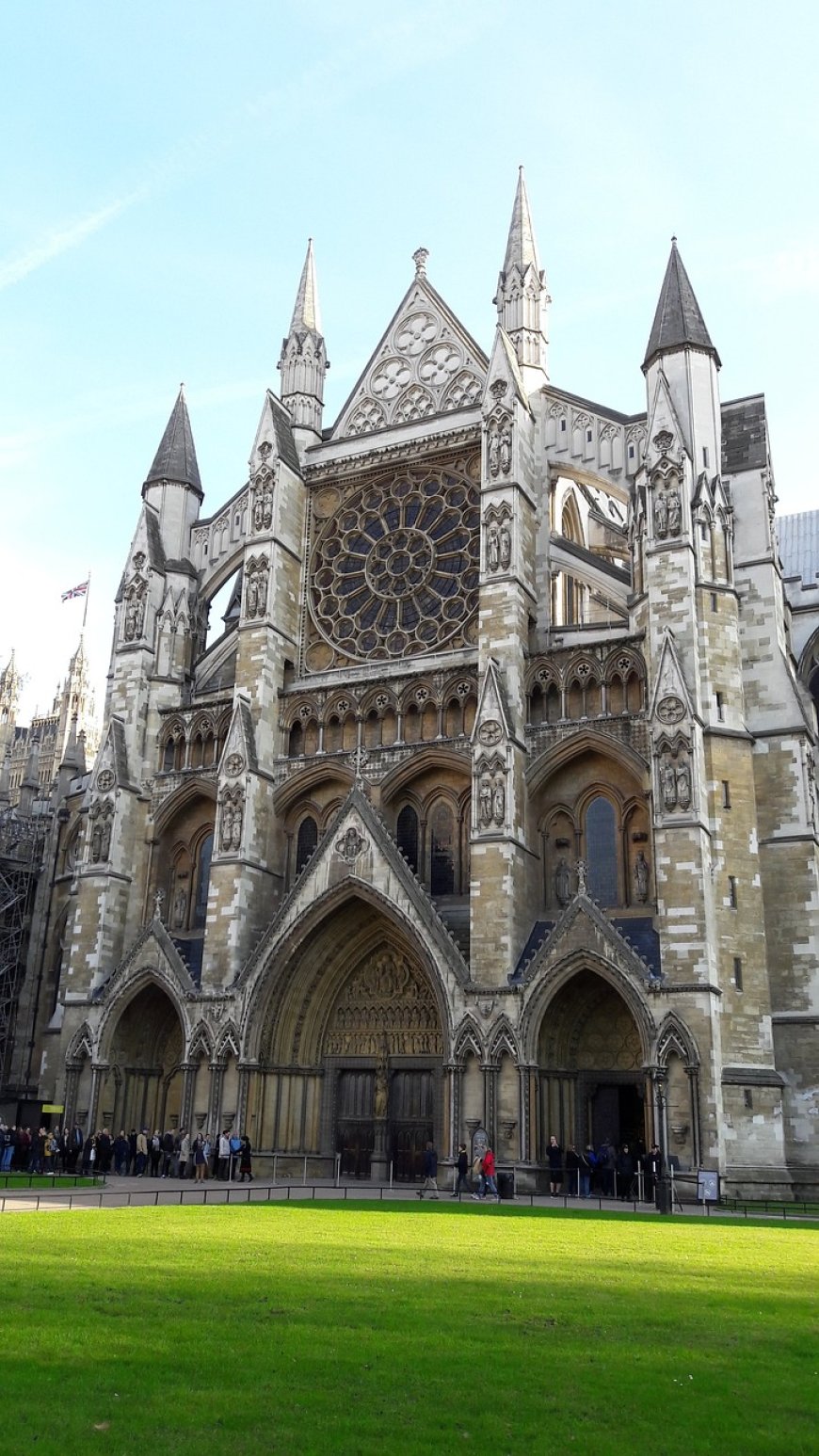
Source
Museums and Cultural Institutions
London's museums and cultural institutions amply explain the history and cultural growth of the city, with many of the world's most valuable and essential collections.
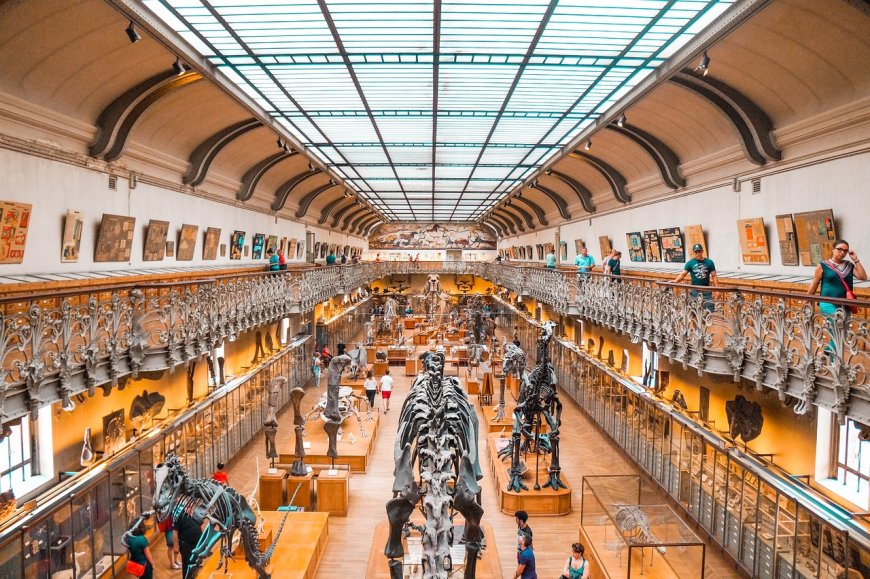
-
British Museum
It is one of the most famous museums worldwide, housing a vast collection of art and relics, including the Rosetta Stone and Egyptian mummies. It lets one understand the global impact of London's historical interactions.
-
Natural History Museum
It is a museum that enriches the experience of all people, whether young or old; it is famous for its dinosaur skeletons and different exhibits of natural wonders. More than that, it could show how the natural world evolved and developed and how London participated in such scientific development.
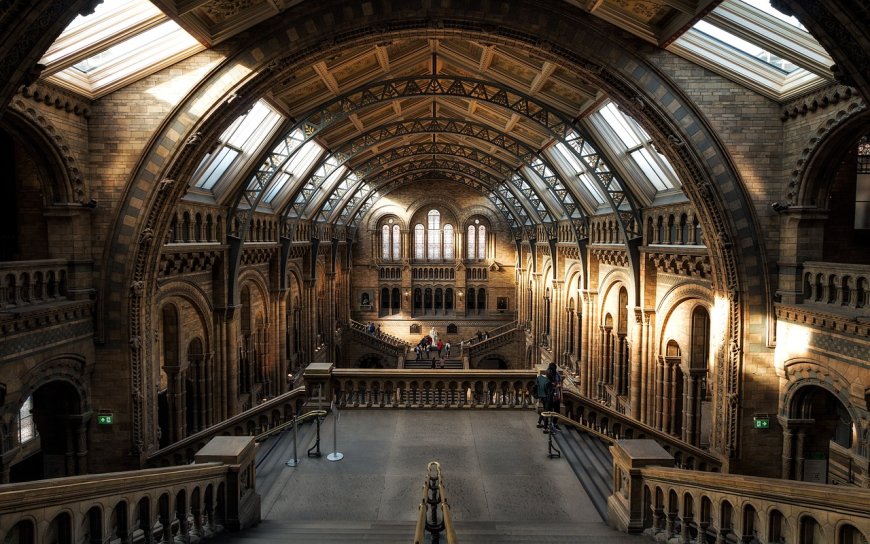
Cultural Neighbourhoods and Events
From every one of London's neighborhoods that avail themselves, each is a cultural experience unto itself in ways both honoring its heritage and contemporary vibrancy.
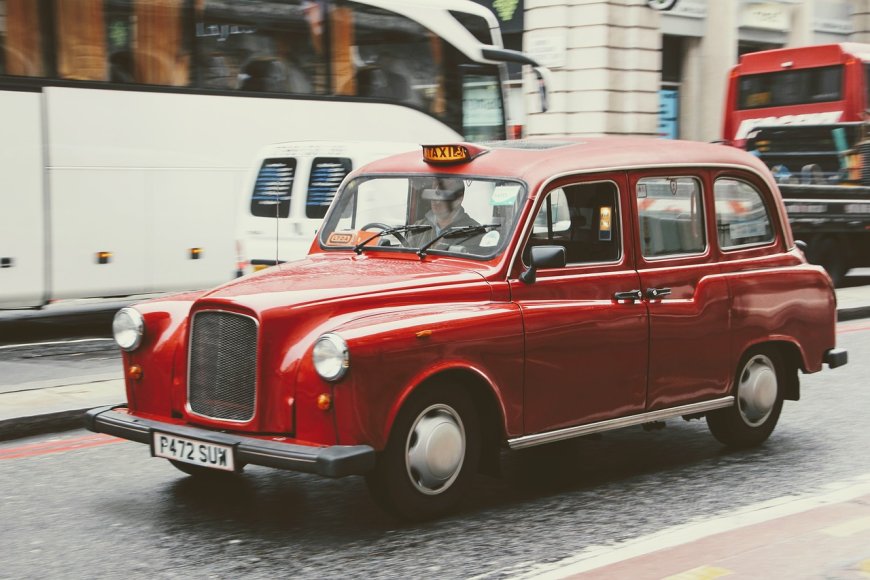
-
Covent Garden
Street artists of every genre, boutique shops, and restaurants mark the old market arena. Indeed, it has been a hub of much activity since hundreds of years ago as a market district.
-
Camden Town
Alternative in culture and novel, the place is described as the symbol of London's creative spirit. It houses a potent vibe of music, street foods, and shopping.
Tips or Recommendations
- Visit London Website: Offers official information on attractions, events, and practical travel tips.
- London Pass: Offers discount entry to many attractions and a jump in the queue on many attractions.
- See Early: To avoid long queues and crowded areas, visit famous landmarks early in the morning or later in the afternoon.
- Book Tickets in Advance: Several tours and experiences require bookings, which can save a lot of time and even ensure entry.
- Plan Your Trip: Use this information to plan a trip with time spent between the major attractions and just being in the city at popular sites to make the most of your time while in London.
- Free Exhibitions: Most of London's museums let in free exhibitions on their permanent collections, thus providing an outstanding experience of London's cultural treasures.
- Themed Tours: Image-guided tours to know specific exhibits or historical periods more intimately. Often, guided tours can give you specific insights or backstage information.
- Explore On Foot: Walking is the only way to fully appreciate any cultural neighborhood's unique character and hidden corners. Many areas are best seen on foot.
- Attend Local Festivals: London hosts several small festivals and events annually. Participating in these events will lead to the attachment of the city's cultural life and community spirit.
Conclusion
Experiencing the culture and history of London is more than just being in famous places; it is in a city that has been molded through time and, in turn, shaped history. It is the real crossroads between past and present, which oozes along its streets, from ancient landmarks to contemporary sites. Discover the intimate charm of this historic town with its modern vibrancy in the various hues of its facets.
Frequently Asked Questions
Q1: What is the best time to visit London for historical tours?
For a historical tour, the most convenient time to visit London is in the spring (March-May) and autumn (September–November); it has warm, moderate weather during these seasons, with fewer crowds of tourists.
Q2: Are there any free attractions in London?
Yes, many museums in London, like the British Museum and the National Gallery, have free admission to their permanent collections. That is a great chance to explore the city's rich cultural heritage without additional costs.
Q3: How will I get around in London?
Public transport in London - Underground, buses, and trains - is highly efficient and the best way to get around town. An Oyster card or contactless payment method is well worth considering.
Q4: What should not be missed during a visit to London?
The trip highlights should include the Tower of London, Buckingham Palace, and Westminster Abbey, not to mention all-so-vibrant neighborhoods such as Camden Town and Covent Garden, offering a completely different perspective of London's history and culture.
Q5: How can I find local events and festivals in London?
Visit the "Time Out London" or "Visit London" websites to get an insight into a current calendar of activities, festivals, cultural events, and many more that shape the life of different parts of the city in any given week.
What's Your Reaction?























